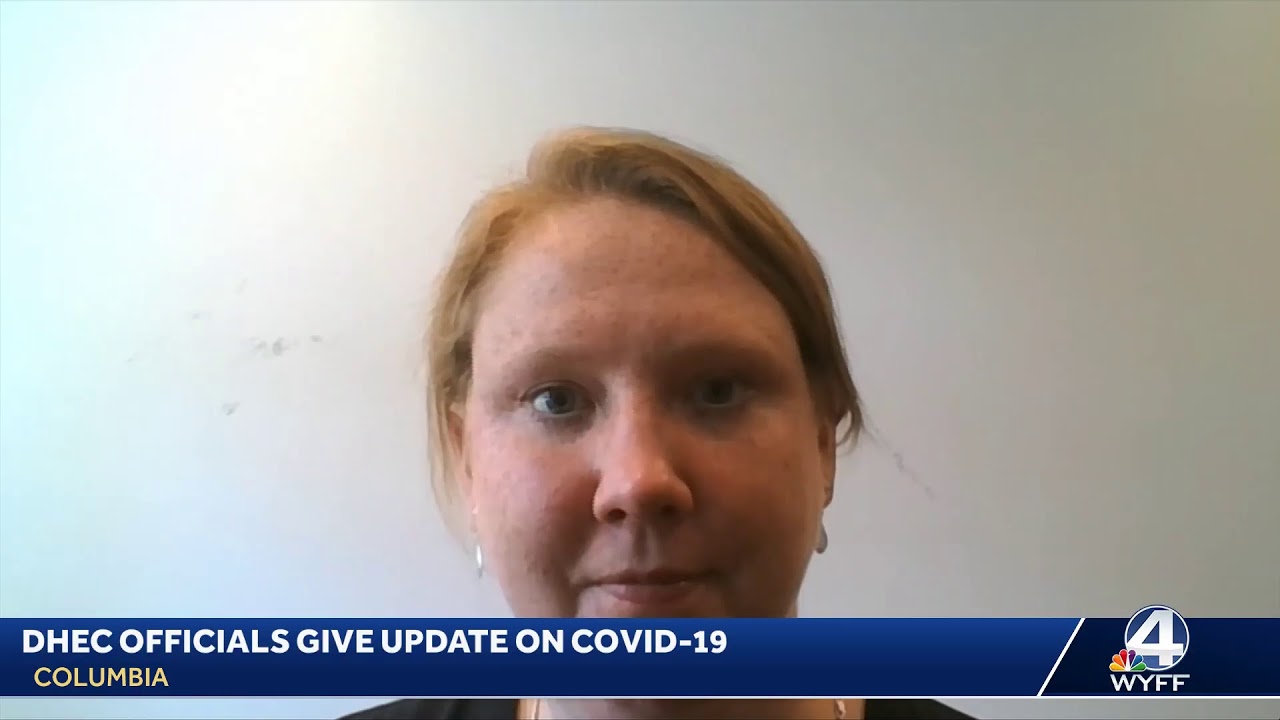A proposed moratorium that could halt new development on thousands of acres of land in the city of Greenville came as a surprise to developers and real estate professionals who have voiced unanimous opposition to the idea since it was first made public last month.
The measure, which will come before City Council at the end of April, would temporarily pause new multifamily and commercial projects adjacent to single-family homes for six months.
The genesis for the moratorium stems from the council’s recent adoption of the GVL2040 comprehensive plan, which calls for an overhaul of the city’s land-management regulations that haven’t been updated in nearly 14 years.
The current land-management ordinance allows developers to link together multiple land parcels and build apartments and nonresidential use projects in or near residential neighborhoods.
In a memo describing the moratorium’s specifics, city spokeswoman Beth Brotherton said rapid development and inconsistent land-use regulations can strain infrastructure and resources such as roads and emergency services.
“Once you lose momentum as you would in a moratorium, it takes a long, long time to crank it back up, to restore the voracity that you had before.” – Earle Furman, real estate developer
Commercial creep also erodes neighborhood character, increasing noise and litter and decreasing available parking, the memo said.
City Council decided to postpone voting on the moratorium at its March 22 meeting after sharp criticism from developers and real estate professionals.
Frank Hammond, a commercial real estate broker and member of the Greenville County Planning Commission, called the moratorium a “lose-lose deal” that “failed governments enact when they fail to plan and implement properly.”
“It’s a white flag over City Hall,” Hammond said.
Real estate developer Earle Furman told the council that moratoriums have a habit of being extended and that Greenville would struggle to regain its momentum if one were to pass.
“Once you lose momentum as you would in a moratorium, it takes a long, long time to crank it back up, to restore the voracity that you had before,” Furman said.
Two council members — Lillian Brock Flemming, who represents the area west of downtown, and Ken Gibson, who represents the Nicholtown community off Laurens Road — voted against the postponement.
Flemming said she doesn’t want developers “trying to take poor land and become millionaires out of it” while the council deliberates.
Gibson said a moratorium should be imposed immediately because then “we run the risk of a rash of permits and other projects getting into the pipeline, which we then have no ability to stop.”
“I am all for Greenville being a place that is good for business, but I’m much more into it being a good place to live,” Gibson said.
Roughly 2,800 acres would be affected by the moratorium, which would limit development of multifamily housing and commercial, service and industrial uses directly adjacent to single-family housing.
Projects already in the pipeline and properties zoned C-4 (central business district), planned development and the area around the future Unity Park would be exempt.
Other S.C. cities have taken similar measures, according to Brotherton.
“I am all for Greenville being a place that is good for business, but I’m much more into it being a good place to live.” – Ken Gibson, Greenville city councilman
The city of Clemson was scheduled to vote on a moratorium that would limit construction of apartments, townhomes and mixed-use buildings for an indefinite period.
The city of Mount Pleasant, which already had a moratorium on new apartments, has slashed the number of permits allowed for residential construction, Brotherton said.
The postponement pushed a vote on a moratorium to April 26, which will allow the city to reach out to developers, neighborhood association presidents and members of the comprehensive plan steering committee for input.
Mayor Knox White said he was concerned about the lack of advance notice for those with a stake in the issue.
“That’s my biggest concern about this,” White said. “It is a big deal, and we certainly didn’t mean to do something under the cover of COVID …. that’s just not who we are.”
The post Developers critical of Greenville’s proposed moratorium on new multifamily, commercial projects appeared first on UPSTATE BUSINESS JOURNAL.










